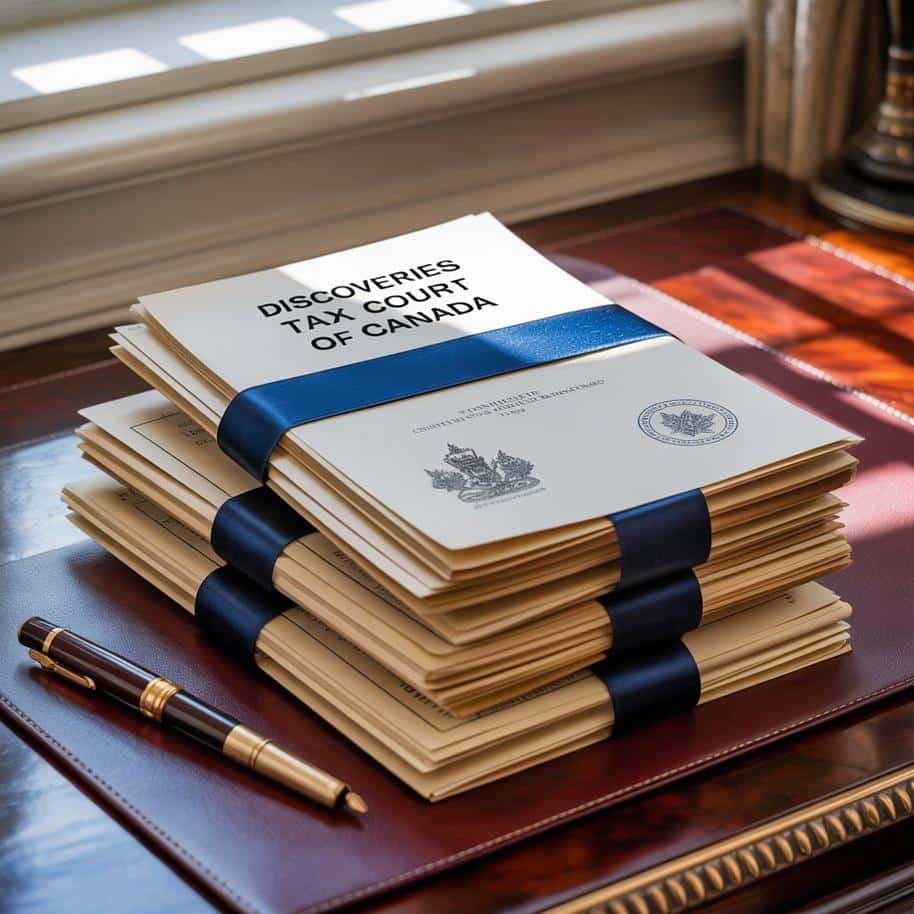Introduction – Director’s Liabilities Under the Income Tax Act and the Excise Tax Act (GST/HST)
A director of a corporation may be held personally liable when the corporation fails to deduct, withhold, remit, or pay certain taxes. Specifically, under section 227.1 of the Income Tax Act, the liability of the director arises when the corporation fails to withhold a source deduction or fails to remit such source withholding, but not when the corporation fails to pay ordinary corporate income tax under Part I or other parts of the Income Tax Act.
Similarly, under section 323 of the Excise Tax Act (GST/HST), the director’s liability in Canada arises when the corporation fails to remit net GST/HST or fails to repay an overpayment of refund or interest.
Limitation of Director’s Liabilities
Under subsection 227.1(1) of the Income Tax Act and subsection 323(1) of the Excise Tax Act (GST/HST), a director is only liable if he or she was indeed a director of the corporation when the corporation’s failure in tax compliance took place.
While the director is jointly and severally liable for the amounts together with the corporation, pursuant to subsections 227.1(2) and (5) of the Income Tax Act and subsections 323(2) and (6) of the Excise Tax Act (GST/HST), the CRA may only recover from the directors after it has failed to recover from the company and to the extent that the CRA is unable to recover from the company.
Per subsection 227.1(3) of the Income Tax Act and subsection 323(3) of the Excise Tax Act (GST/HST), the CRA may not recover if the director exercised a degree of care, diligence and skill in preventing the corporation’s failure in tax compliance, known as the due diligence defence.
Subsection 227.1(4) of the Income Tax Act and subsections 323(4) and (5) of the Excise Tax Act (GST/HST) require the CRA to issue a notice of assessment against the director within two years from the time he or she last ceased to be the director of the corporation. The director ceases to be a director by resigning or by operation of law (e.g., he or she becomes personally bankrupt). That is why the director should resign properly and immediately at the moment he or she wishes to no longer be involved with the corporation to prevent potential tax liabilities.
Remedies Available to a Director
There are a number of defences available to a director against an assessment by the CRA for the tax liabilities of the corporation, including:
- The two-year limitation period has passed;
- The CRA has not exhausted its recourses against the corporation as required;
- Due diligence defence: the director exercised due diligence to ensure the corporation was compliant with its tax obligations; and
- Non-director defence: the individual was not a director, whether as a legally appointed or a de facto director when the non-compliance by the corporation took place.
Of the above defences, the due diligence defence and non-director defence are the most commonly litigated in tax jurisprudence. Specific circumstances can change the outcome of the case. It is recommended that a director, when facing with an assessment by the CRA for a corporate tax liability, consults with an experienced Canadian tax lawyer.
Resigning As a Way to Prevent Corporate Tax Liability
Since a director’s liability is limited to the amounts the corporation was required to deduct, withhold, remit, or pay while the director was in office and will expire two years after the director leaves office, it is advised that the director resigns from the position properly and as soon as possible.
The director needs to make sure the technical requirements of the resignation are met, including notification to the corporation of the resignation and an update to public records.
Once resigned, the individual should make a clear cut from his or her position as the director of the company in order to avoid being deemed a de facto director. In one instance, a former director was found to have continued to run the corporation as the de facto director, in the capacity of a shareholder. In another instance, an individual who had neither officially held nor held himself out to be holding any role in the corporation was found to have the ultimate decision-making authority in the corporation and thus was a de facto director.
Pro Tax Tip – Don’t be the Last Director Standing
As mentioned above, it is advised that the director formally resigns in writing as soon as possible once he or she wishes to no longer serve in the corporation.
The significance of how fast a director needs to resign is magnified in the case when other directors have resigned, leaving one director as the last one standing. Even if that last director resigns and does not function as a de facto director, when there is no new director appointed, the last director may still be deemed a director and be held liable. A provincial corporations act may even disallow the sole director from resigning where there is no replacement.
FAQ
I am the first director of a corporation and have resigned. Can I still be held liable?
Without a new director being appointed, you, as the first director, may still be deemed a director and be held liable. Some provinces may even invalidate the resignation of the first director where no replacement is available. Therefore, when being put in a situation of the sole director, it is advisable that you speak with a professional Canadian tax lawyer for guidance.
I have resigned as a director but remained working for the corporation. Can I still be held liable?
Being employed by or serving as an officer or a manager in a corporation does not make a person a director. However, if a former director still plays a key role in the direction of the company or holds himself out as a director, he or she may nevertheless be deemed to continue serving as a director. Specifics matter. The distinction, while clear in theory, may get blurry in reality. Hence, it is advisable that you speak with an experienced Canadian tax lawyer for guidance.
DISCLAIMER: This article just provides broad information. It is only up to date as of the posting date. It has not been updated and may be out of date. It does not give legal advice and should not be relied on. Every tax scenario is unique to its circumstances and will differ from the instances described in the article. If you have specific legal questions, you should seek the advice of a Canadian tax lawyer.



